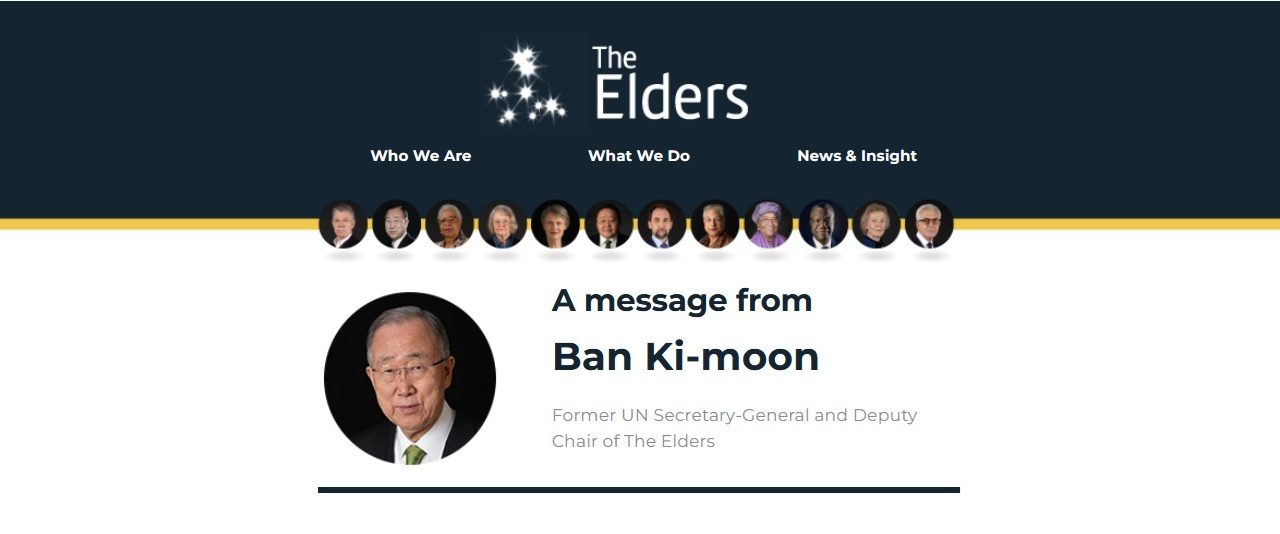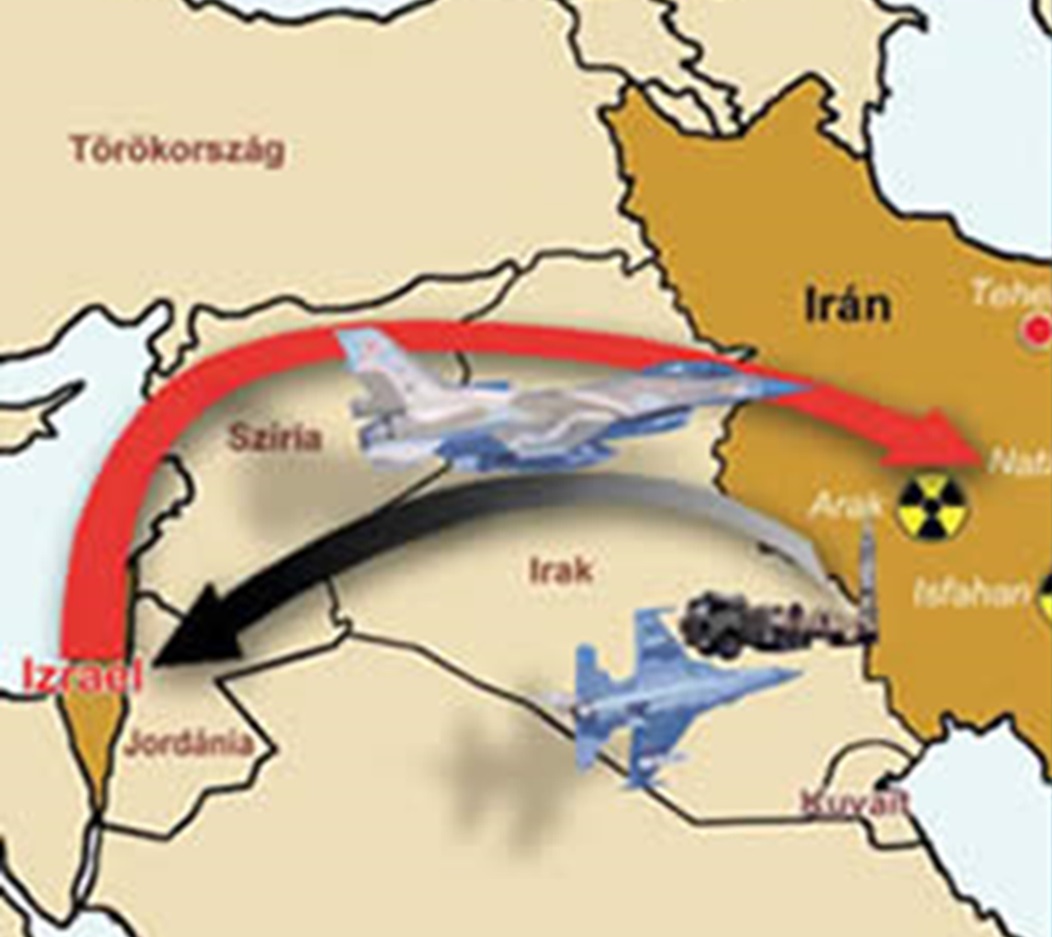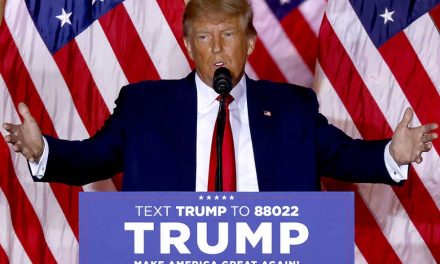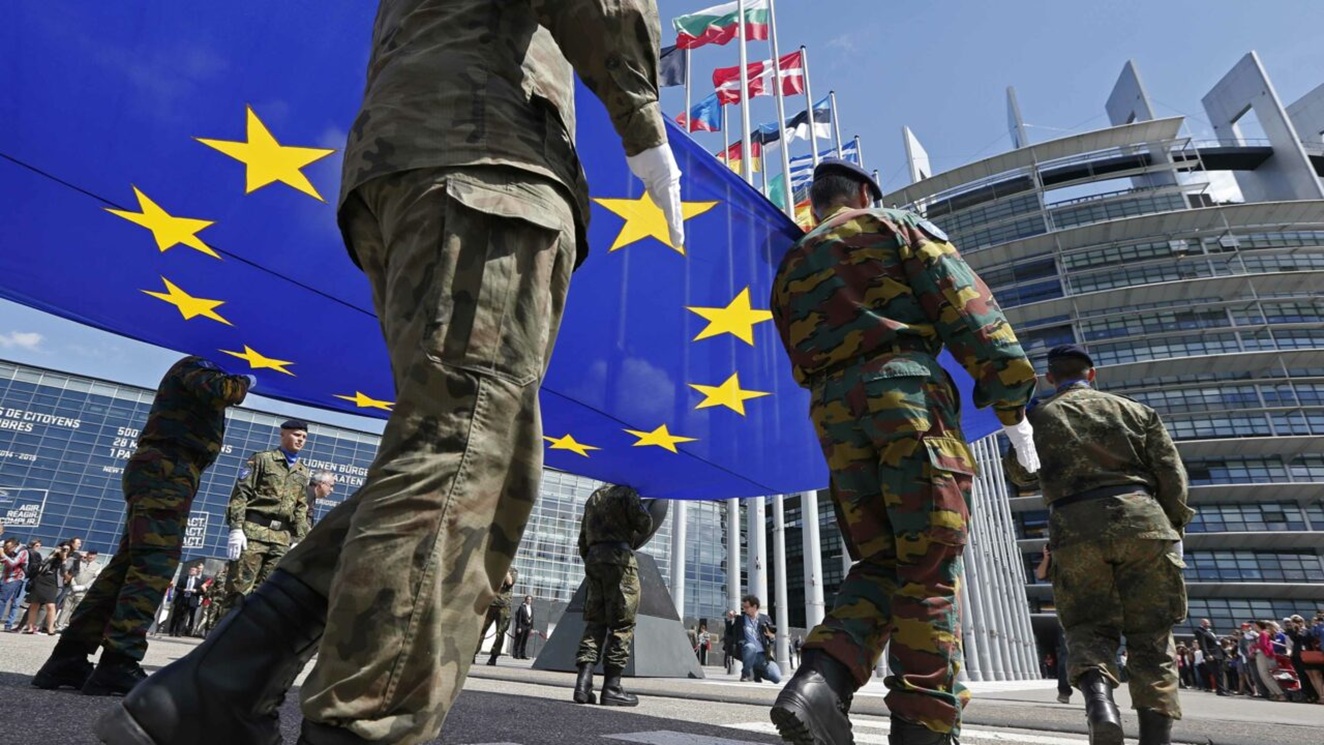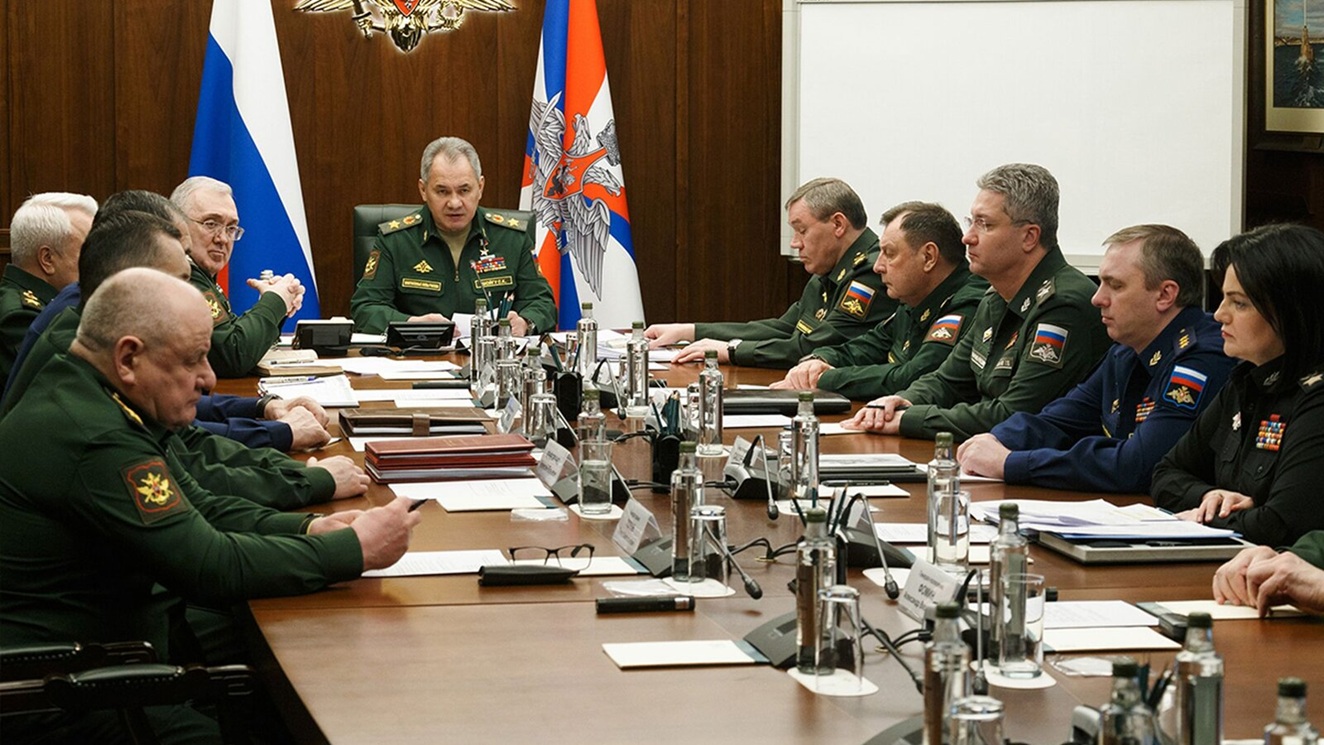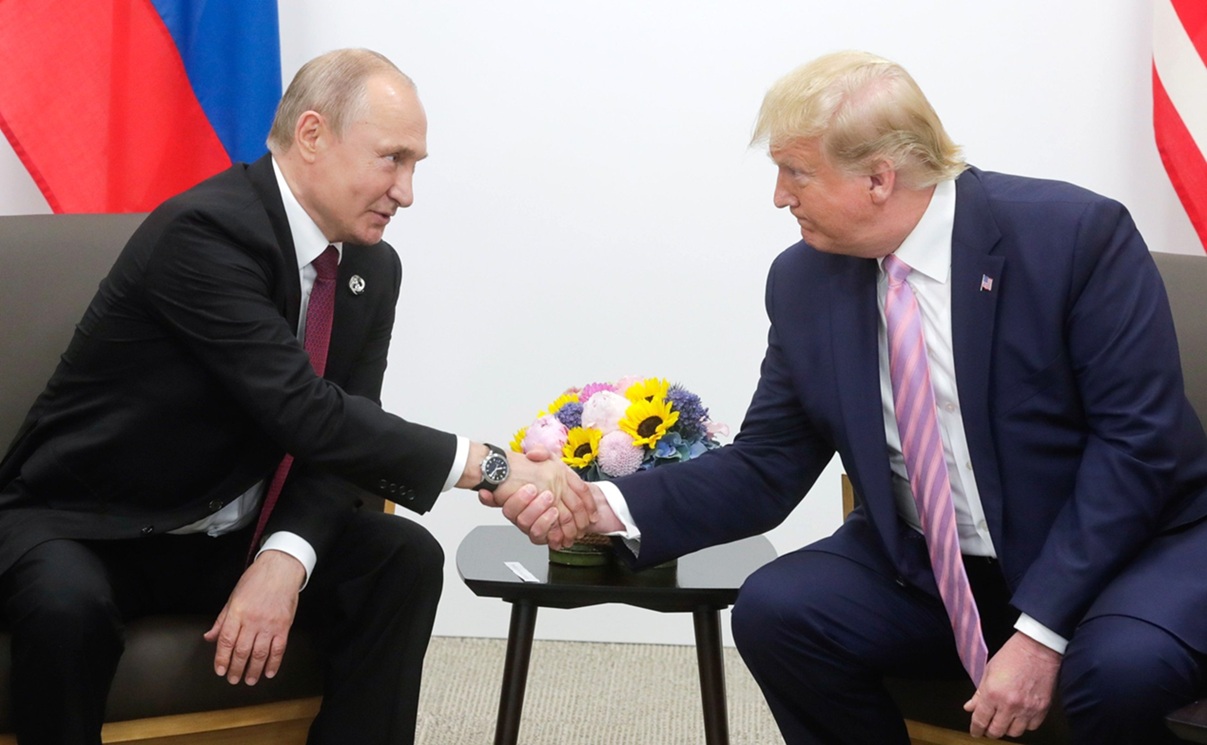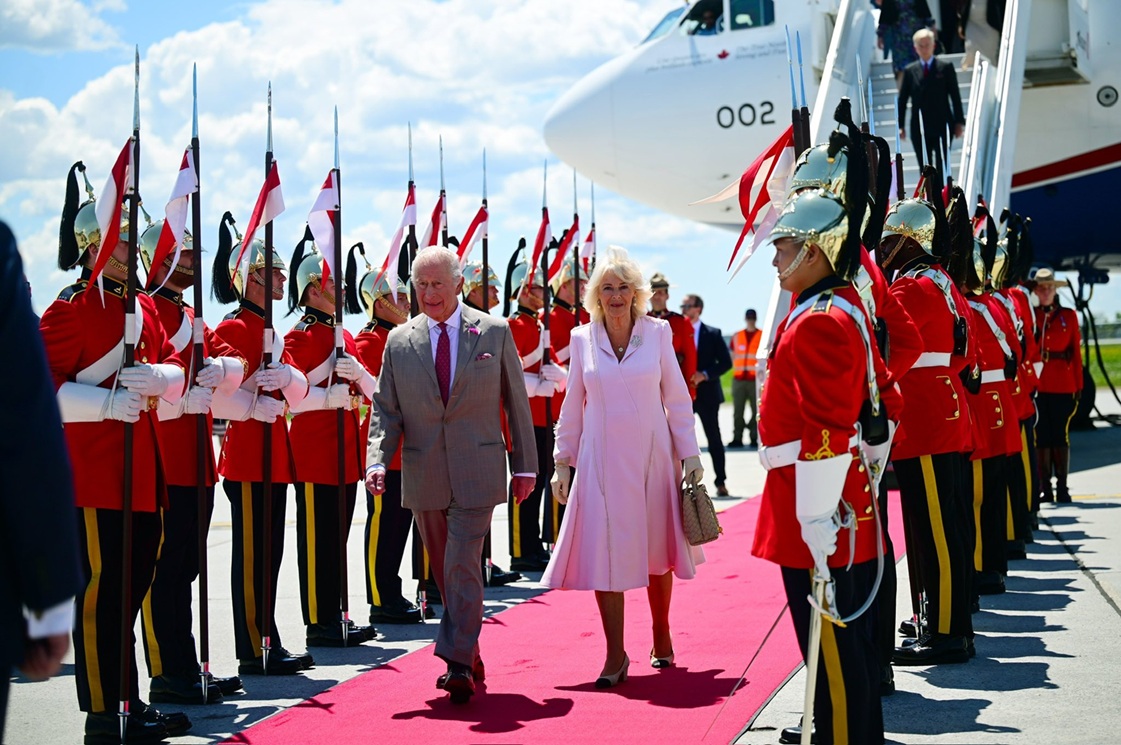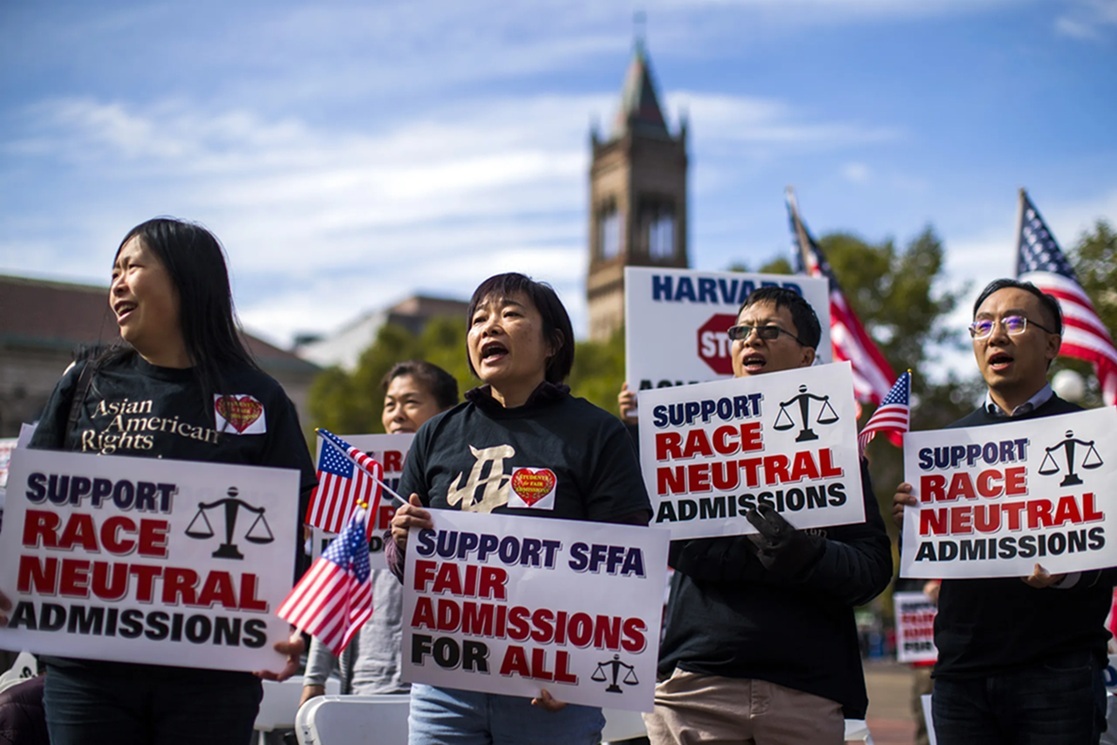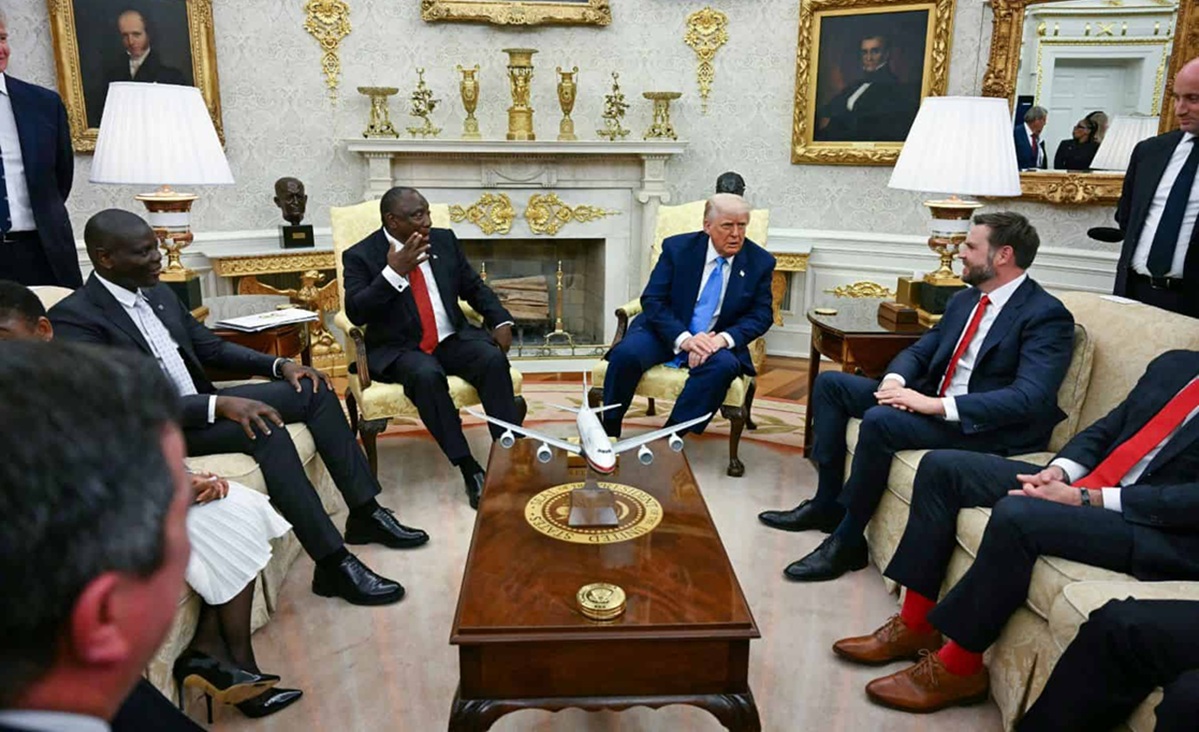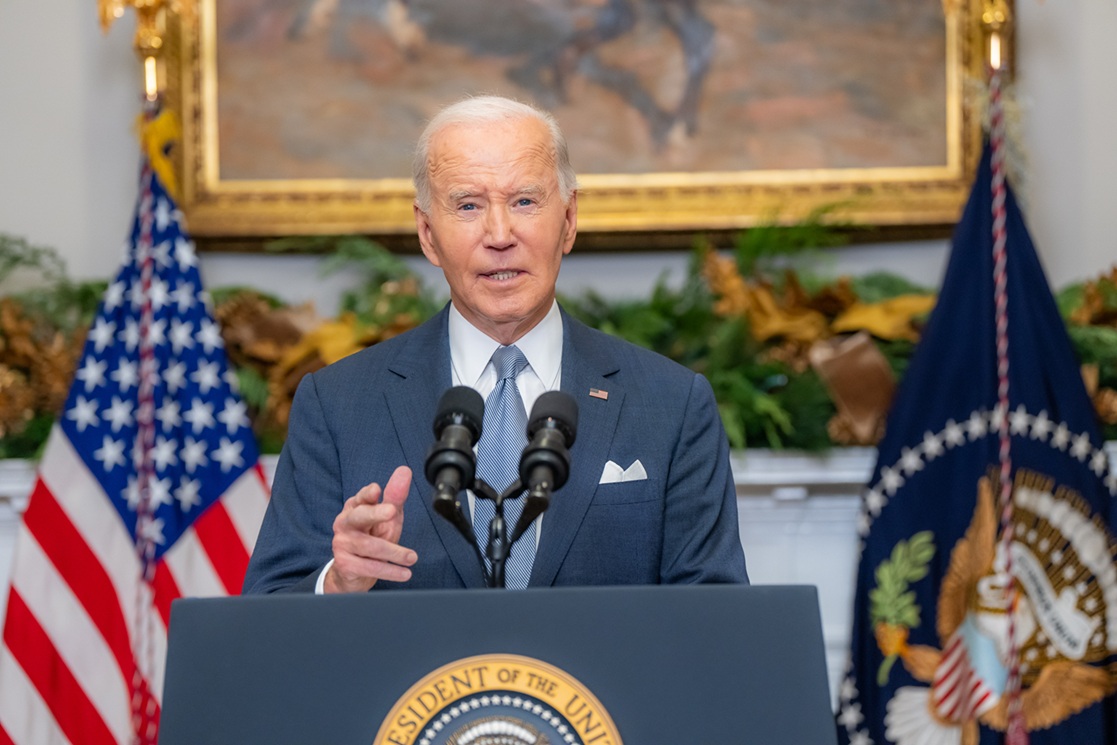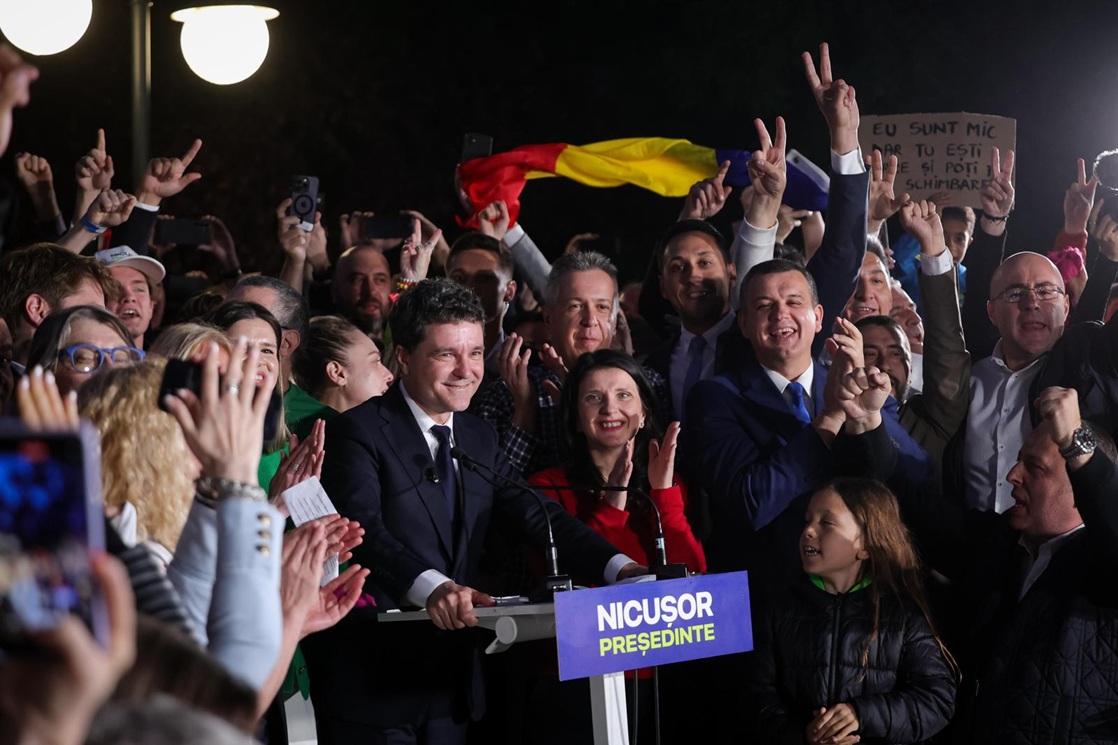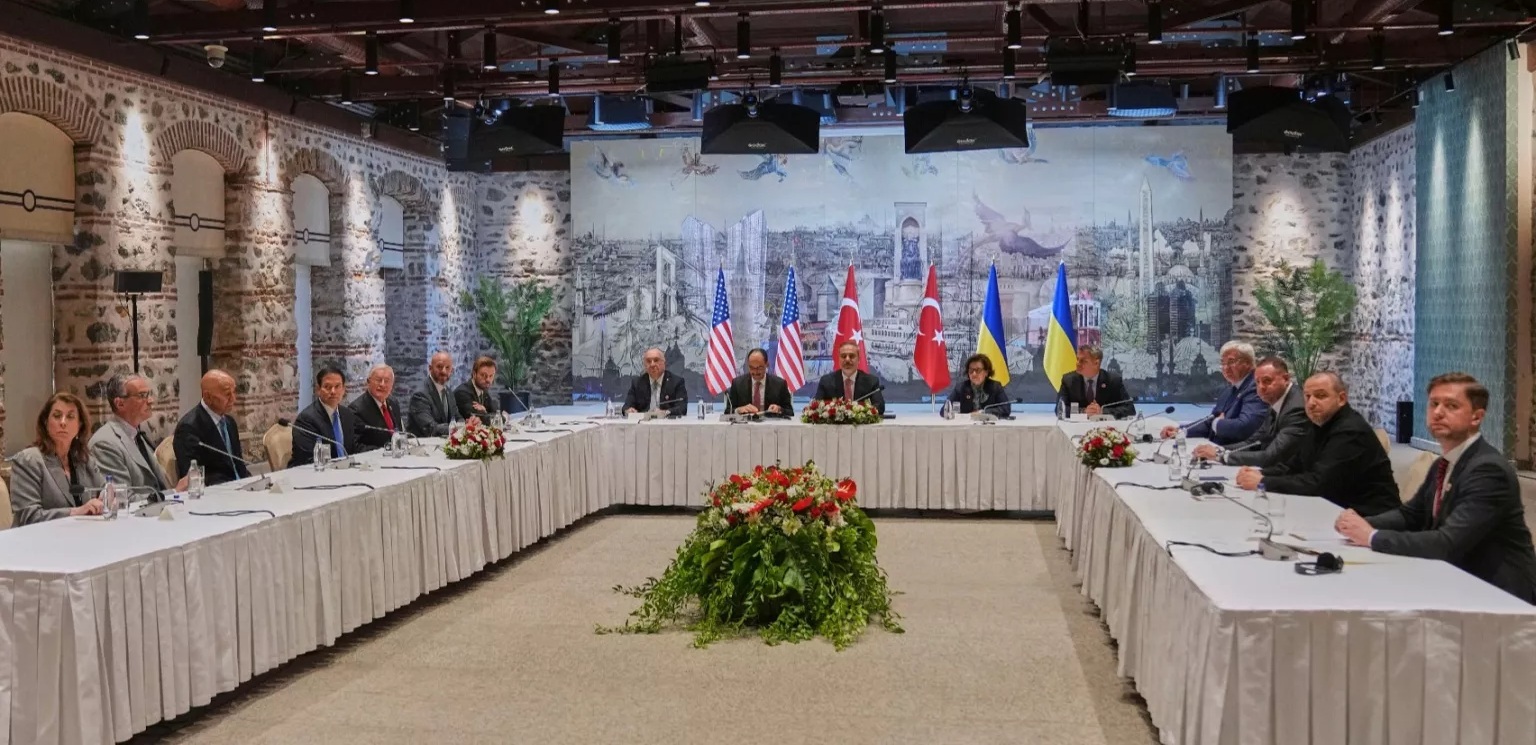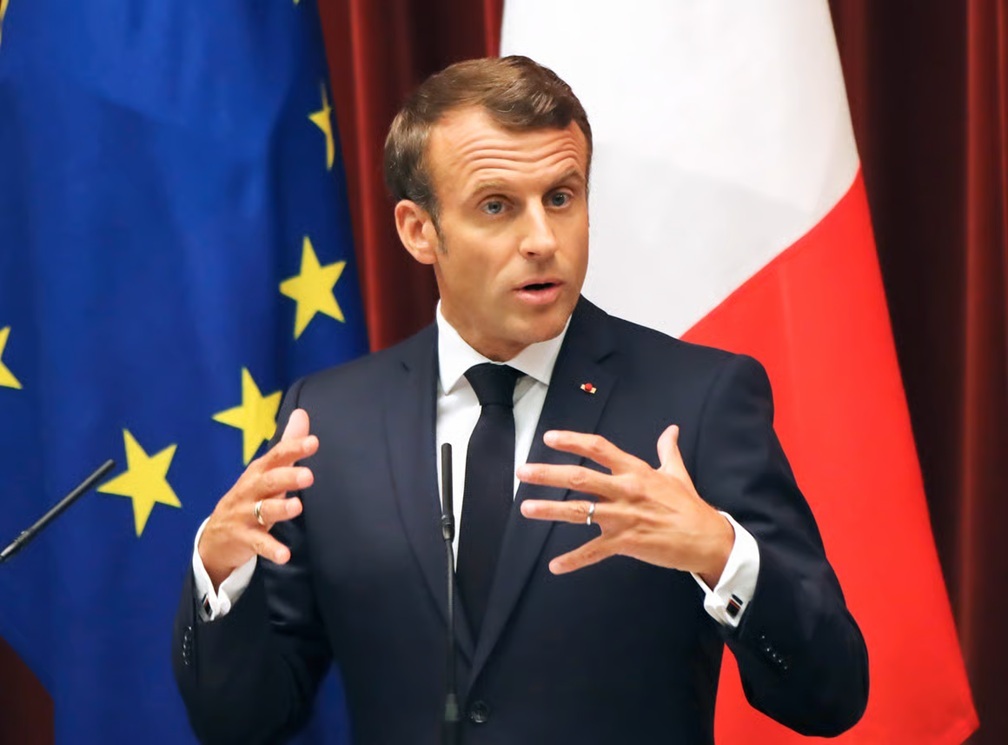Dear friends,
The United Nations saved my family and my country during the Korean war. The organisation has therefore always meant a great deal to me, even long before I became Secretary-General.
I was six years old at the time of the outbreak of the war. My family and I had to flee our home for the mountainside, from where we watched our village burning.
Those days were shaped by a sense of confusion, fear and not knowing what might come next. But help came from beyond our borders: UN food relief operations brought vital nourishment, UNESCO provided textbooks to rebuild our education system, and troops deployed from UN member states came to restore order and security.
This month marks the 80th anniversary of the UN Charter being signed. While it is crucial to celebrate its many accomplishments over these years, we must also ensure it is fit for purpose in the 21st century. The world of eighty years ago is fundamentally different from that of today, and reform of the multilateral system is urgent and overdue.
This is particularly glaring when we witness an inadmissible failure to protect civilians, whose fundamental rights seem not to matter. The Elders are concerned about a growing disregard among UN member states for the rule of law and human rights, along with the UN Charter itself. Multilateralism cannot function, let alone thrive, in the absence of commitment from governments.
I believe this time of unprecedented crisis for the multilateral system can be turned into a moment of opportunity, but only if leaders seize this moment and take the long view. The Elders are planning to publish a policy paper this September calling for bold reforms to ensure the multilateral system is fit for purpose, serves and protects everybody, and restores trust in global institutions. The recent approval of the historic Pandemic Agreement shows us that where there is determination, results are possible.
This stands in stark contrast to the current paralysis of the UN Security Council. While calls for its reform are not new, widespread frustrations with the Security Council’s dysfunction have created a renewed sense of urgency. There is now broad support for its reform, to improve both the representativeness and effectiveness of the Council. But meaningful reform will require a level of political courage and collective leadership that has been all too absent in recent years.
Another potential moment for change is the appointment of the next UN Secretary-General. I am proud of the decisions I made to appoint women to senior positions across the UN. It is morally indefensible that, after 80 years, a woman has never led the United Nations. My fellow Elders and I have been advocating for a woman to be appointed, through a transparent and merit-based process. This historic gender imbalance must be addressed – especially at a time when regressive forces are working to roll back women’s rights around the world.
The UN’s achievements over the decades were never foregone conclusions. They were the result of painstaking effort by people from all nations, working together. We cannot simply turn our backs on that hard-won legacy. No state – large or small – stands to gain from the collapse of the multilateral system. This is not the moment to abandon it, but to renew and strengthen it.
On a final and more personal note, I want to share that this will be my final newsletter on behalf of The Elders. From 16 June I will be stepping down from my role as Deputy Chair and becoming an Elder Emeritus. Eight fulfilling years as an active member have meant a great deal to me. It has been a privilege to serve alongside such principled and courageous leaders, and I am proud of what we have achieved together. I look forward to seeing Elders continue to speak out with moral clarity for a safer, fairer world. I will continue to support this essential work.
Thank you for your continued support,
Ban Ki-moon
03/06/2025



